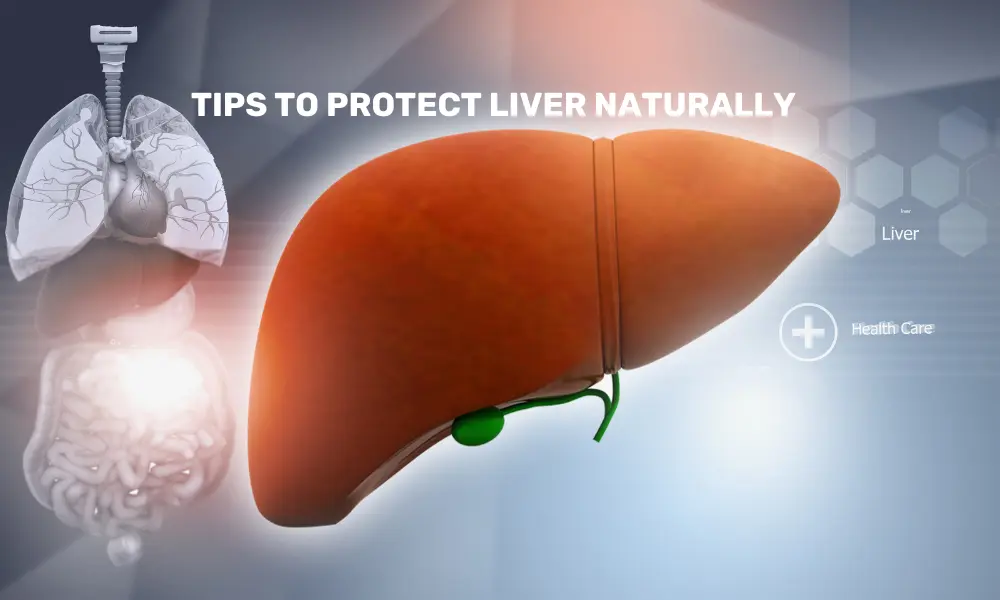Feeling frequently thirsty and having the urge to make more trips to the wash room than usual may indicate high uric acid levels in our body, pointing towards a potential risk to kidneys.
Uric acid, a standard waste product in the blood, can cause problems when it accumulates excessively, leading to crystal formation. This can result in painful gout attacks and even result in kidney stone development.
Hyperuricemia is a common issue linked to gout, known for its intense pain. It is also associated with the formation of kidney stones made of uric acid and calcium.
Generally, people with this condition show no symptoms and standard blood tests rarely check uric acid levels, making diagnosis challenging. High uric acid levels can silently impact overall health. Therefore, identifying it early is crucial, as it poses risks for cardiovascular diseases, diabetes, and chronic kidney ailments.
Complications of excessive levels of uric acid
Although the kidneys usually filter out most uric acid, excessive or disrupted excretion can cause pain. Accumulated uric acid crystals can result in excruciating joint pain (gout) or kidney stones, causing severe discomfort in the lower back or abdomen.
Hypertension, diabetes, or both often accompany hyperuricemia. Individuals with these conditions have elevated uric acid levels. Yet, these individuals show no symptoms, underscoring the need for heightened awareness and proactive screening.
Screening tools can determine the risk level, allowing timely intervention. Specific groups, including males, older adults, and those with certain dietary habits, face increased risk of developing chronic kidney ailments.
Certain dietary choices, such as red meat, seafood, alcohol, or fructose-rich foods, elevate susceptibility to hyperuricemia. To counter its impact, doctors recommend lifestyle adjustments, like avoiding specific foods, maintaining a healthy weight, and ensuring adequate exercise.
Lifestyle changes to promote a balanced uric acid level:
-
Limit fructose: The consumption of beverages containing high-fructose corn syrup (HFCS) is associated with increasing uric acid levels in the body. By cutting down on sugary drinks, sweetened fruit juices, and foods high in added sugars, one can potentially lower the risk of developing hyperuricemia.
-
The food we eat matters: Choosing a diet low in purines, a substance that breaks down into uric acid, can significantly help manage hyperuricemia. Reducing the intake of purine-rich foods like organ meats, shellfish, and certain vegetables can aid in maintaining optimal uric acid levels.
-
Hydration: Sufficient hydration remains a foundation in preventing hyperuricemia. Water helps flush out excess uric acid from the body, aiding in its elimination through urine. Multiple studies have shown that increased water intake can decrease the risk of gout attacks by diluting uric acid concentrations in the blood.
-
Healthy Weight: While it may sound challenging, maintaining a healthy weight is essential in curbing hyperuricemia. Obesity is often associated with increased uric acid levels. Losing excess weight may lower uric acid concentrations and reduce the risk of gout.
-
Cut down on alcohol: Beer and liquor are linked to higher uric acid production, and cutting down their consumption can help to prevent hyperuricemia. One must limit or avoid alcohol to significantly reduce the risk of gout attacks.
-
The movement miracle: Regular physical activity has shown positive effects on lowering uric acid levels and reducing the risk of gout. Engaging in moderate exercise, like jogging, brisk walking, or swimming, can assist in maintaining a healthy uric acid balance.
-
Vitamin C: Consuming foods rich in vitamin C may help prevent hyperuricemia and reduce the risk of gout attacks. Vitamin C has been associated with lower uric acid levels, so including citrus fruits, strawberries, and bell peppers in our diet can be beneficial.
Making minor changes to one’s lifestyle and carefully picking what one eats can help ensure good kidney health. However, in case of any abnormality in urination, pain in the lower back, and frequent UTI, one must consult a specialist.





